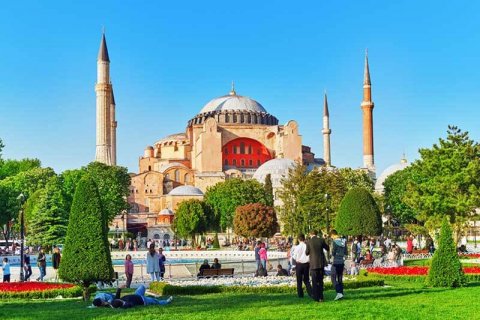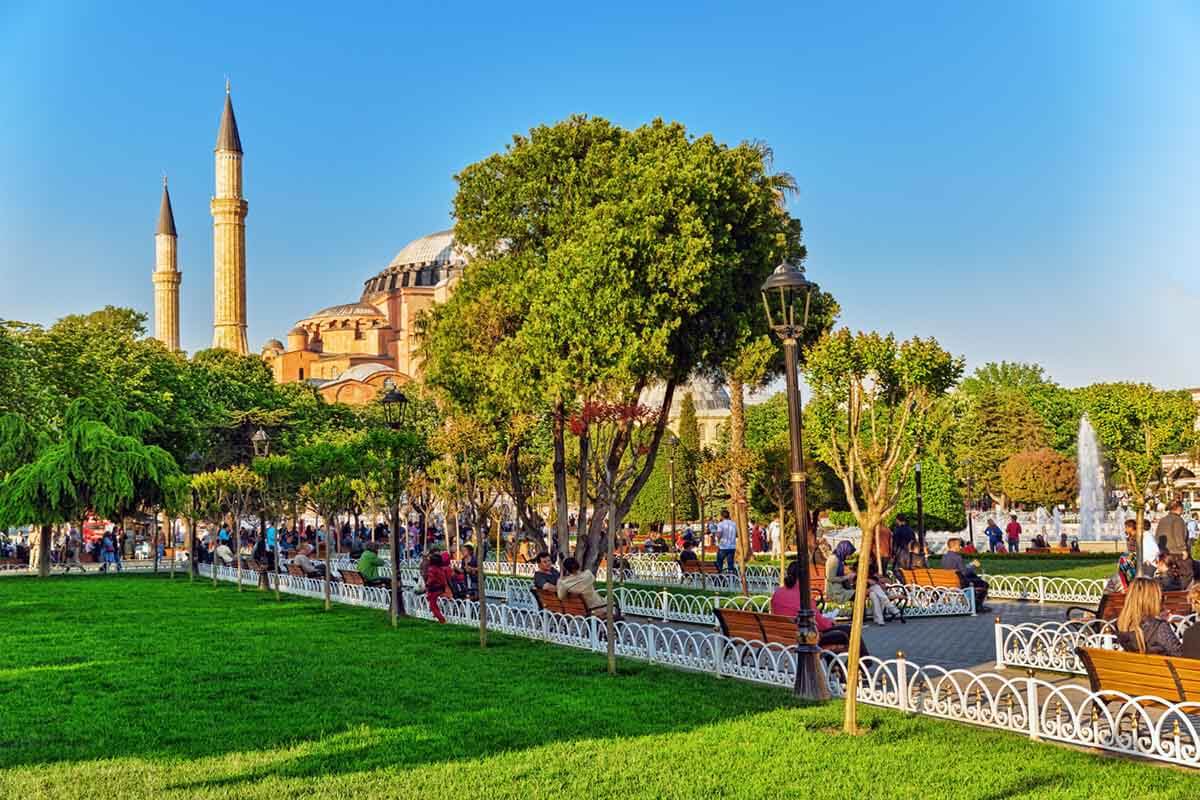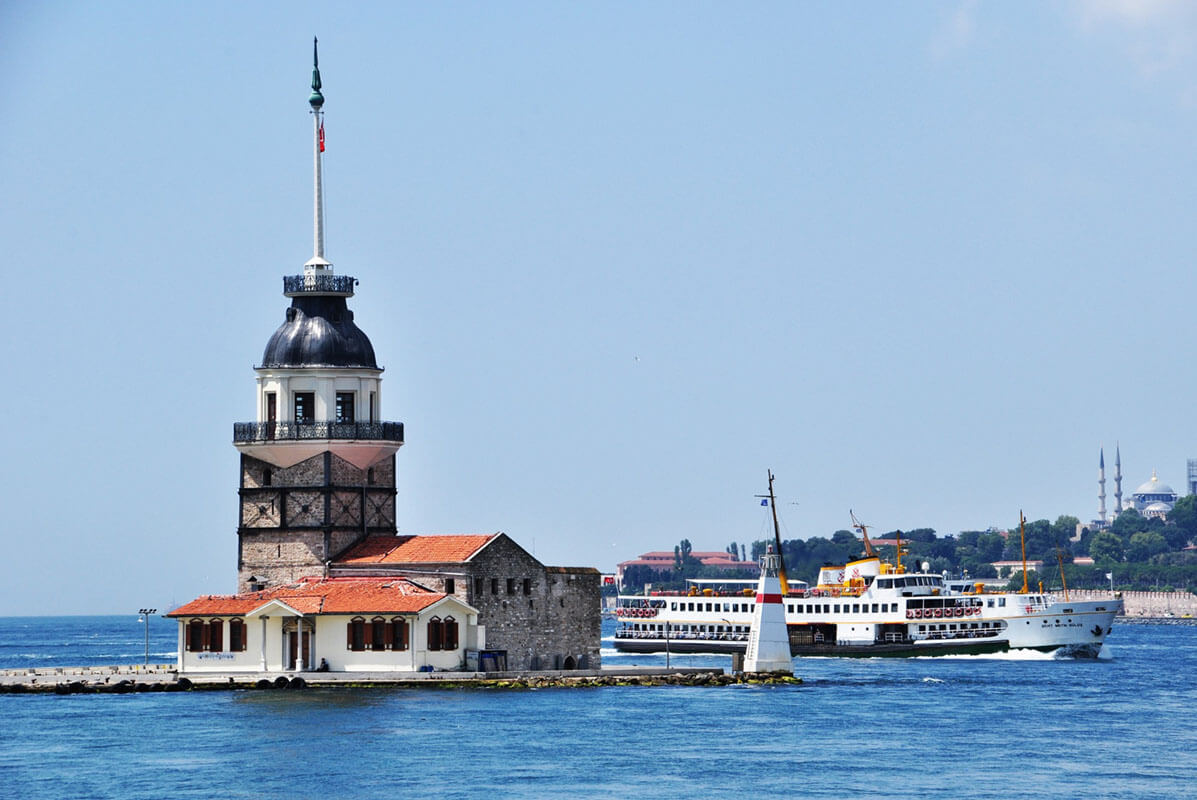
This article is devoted to the rights of ex-pats who want to move to Turkey.
We offer you an opportunity to become acquainted with your rights in healthcare and social security. We will inform you of your options when looking for a job, as well as how to buy real estate and how this can lead you to obtain a resident visa or citizenship.
We encourage you to contact trustworthy lawyers and real estate agencies to get more comprehensive information.
We will touch on the main points of these issues in this text.
Content:
- Purchase of real estate, residency, and citizenship
- Work and residency
- Social security, health care, and labor allowance
- Conclusion
Purchase of Real Estate, Residence, and Citizenship
Firstly, it is necessary to clarify the issue of residency and citizenship.
Turkey offers two options for ex-pats to live in the country, a residence permit and Turkish citizenship.
The first is a more affordable and short-term form of residence permit in Turkey, and the second offers a narrower and stricter list of requirements for a foreigner but gives an opportunity not only to become a citizen of the country but also to receive the added benefit of visiting other countries.
A residence permit can be divided into seven categories:
- Short Term Residence Permit;
- Family Residence Permit;
- Student Residence Permit;
- Long Term Residence Permit;
- Work Permit and Residency;
- Humanitarian Residence Permit;
- Residence Permit for victims of human trafficking.
Those who can apply for these types of visas:
- Foreign tourists wishing to stay in the country for long-term tourism;
- Real estate owners in Turkey;
- Overseas workers;
- Foreign nationals taking advanced training courses in their workplace in Turkey;
- Foreigners who have opened a business in the country or become participants in a local business;
- Investors;
- Students, exchange students, and other foreign students of higher educational institutions;
- Foreign nationals who came to the country to study at a local language school;
- Future graduates of Turkish higher educational institutions who must receive a diploma and graduate from such educational institutions for six months;
- Scientists and researchers;
- Foreigners who must stay in Turkey at the request of state institutions;
- Overseas citizens in Turkey as victims of human trafficking;
- Foreigners who must be treated at local medical institutions (this also applies to accompanying persons, but only if none of them poses a threat to public health);
- Overseas citizens who are family members of a person who is a resident of Turkey.
Foreigners in all these categories can obtain a short-term residence permit. The maximum term of such a permit is 2 years but may be renewed. For foreigners treated in Turkey, this visa is valid until the treatment is over.
A "humanitarian permit" is issued to those foreigners for whom the Turkish government does not feel the need to consider deportation, such as foreigners who have applied for political asylum.
The term is left to the government. This is a long-term permit.
A long-term permit is a substitute for citizenship when a foreigner wants to reside in Turkey for a long time, but does not want to accept the obligations and is not interested in the citizens' rights.
This permission can be updated in the same way as short-term permission.
Turkish Citizenship - Requirements and Benefits
In this section, we describe the process of obtaining citizenship for investment.
This program was launched in 2017.
To obtain this type of citizenship, you need to meet one of the following requirements:
- Invest more than $250,000 in real estate;
- Invest more than $500,000 in shares of a Turkish company;
- Invest more than $500,000 in government bonds, an investment fund (including a real estate investment fund), or deposit the amount in a Turkish bank account;
- Create a commercial enterprise providing over 50 jobs.
If you decide to use one of the first three points, credit funds are not taken into account.
If you obtain Turkish citizenship, you receive the following benefits:
- A Visa-free regime or a "Visa on Arrival" to 111 destinations around the world, including Hong Kong, Japan, and Singapore;
- Citizenship is automatically applied to all members of the citizen's family, including future children and grandchildren;
- Turkish citizenship also makes it possible to visit such countries as the United States and the United Kingdom. For example, you can obtain a 5-year visa, a renewable investor visa E-2 in the USA;
- You can vote, be elected, and work in state-affiliated organizations.
Before you obtain citizenship, you will need to get a residence permit and open a bank account, then you will apply for citizenship and have to pass an interview.
The citizenship application is issued within a period of up to 120 days, once it has been approved.

Work and Residency
To work in Turkey, a foreigner must obtain a work permit. This permit can be used to obtain a residence permit.
When you are ready, you can invest in real estate and obtain either a long-term residence permit or citizenship.
There are four types of work permits:
-
Urgent permit. It has a fixed period. It is issued for a year but can be extended for up to four years. It is best suited when you need to visit a country temporarily.
For example, if you are the manager of an international company whose branch needs to change management personnel in the current economic situation, so you are sent there.
-
Indefinite permission. This is issued either to those who have been in Turkey for at least 8 years or have had continuous work experience in the country for 6 years.
There are no special requirements for such a permit, except for the stated periods of stay in the country.
- Independent permit. This is granted for five years' continuous residence and is beneficial for the self-employed.
-
Exclusive permission. This permission is granted no matter what conditions and terms the three points listed above offer.
For example, it can be issued to students of higher institutions who have received a diploma in Turkey and want to start working in the country.
Before the permit expires, you can extend it for 15 days after the expiration date. This may help you issue the necessary documents for new permits or resolve other issues.
With the exception of the "independent work permit", the remaining permits are issued with the participation of both a foreign employee and the organization that hires them.
The work permit generally does not apply to ex-pat family members, but can in some cases.
Permits are renewed upon expiration as long as you work for a local company.
With the work permit, you are issued a residence permit, which is valid for as long as the work permit is valid, for the duration of your work.

Social Security, Health Care, and Labor Allowance
Now let us further discuss some important topics.
Social Security
Firstly, Turkey's social security follows the principle, "Everyone has the right to social protection,” which also applies to foreigners.
However, the social protection of foreign nationals is based on bilateral and multilateral agreements between Turkey and the countries of origin or citizenship of the overseas citizen.
The list of countries with a bilateral agreement:
| Country | Country |
|---|---|
| Germany | France |
| Belgium | Denmark |
| Austria | Switzerland |
| Sweden | Netherlands |
| England | Canada |
| Luxembourg | Norway |
| Romania | Macedonia |
| Czech Republic | Serbia |
| Slovakia | Montenegro |
| Bosnia and Herzegovina | Croatia |
| Georgia | Libya |
| Azerbaijan | Albania |
| South Korea | Northern Cyprus |
The list is not long, so the citizens of many countries cannot receive a permit along with all the social guarantees that they would have received in their country.
On the other hand, many of these countries provide for dual citizenship, and it allows anyone to claim exclusive social security rights under contracts concluded between the countries.
For example, if you are a citizen of Montenegro but have second citizenship in Albania, you will also be accepted on the list as a citizen of Albania.
However, you can enter into insurance contracts with private and public organizations if you decide to start working in the country.
Health Protection
While staying in the country, you are required to report to the nearest Social Insurance Center, where you must issue a medical insurance contract. There are over 600 such centers throughout the country.
You can also sign an insurance contract with a private company.
If you want to obtain a residence permit or a work permit, you must have such insurance in Turkey.
If the health insurance contract in your country is similar to the insurance contract in Turkey, you can refuse to take out insurance in Turkey and use the insurance contract of your country.
If you have been in Turkey for over a year, you can apply for special state insurance — SGK. This insurance will allow you to:
- Receive medical care and services in any state clinic or hospital in Turkey (anywhere in the country);
- The insurance covers any expenses during pregnancy and other related costs;
- All types of work-related injuries and illnesses;
- Discounts in all private clinics and hospitals.
If you are working in an organization, this organization can take over the process of obtaining such insurance.
Of course, if you are wealthy enough to use the services of elite private clinics, you should resort to the services of these clinics, but such a state insurance system is a good backup plan for various circumstances.
Work and Pension
If you have the citizenship of one of these countries, according to the bilateral agreement between Turkey and the country, you can claim social unemployment benefits.
Any foreign nationals have the same working rights as citizens of the country, such as regulated working hours, overtime pay, paid and unpaid leave, severance pay, the right to participate in and organize a trade union, terminate a work contract, etc.
Foreign citizens can work in various commercial sectors, in local and international companies.
Foreigners who speak several languages can work in the management sector (including top management), marketing, sales, translation, and technology.
The easiest way for all overseas nationals to find a job is as service staff, a teacher of foreign languages, a nurse, an editor, a translator, or an import and export specialist.
A foreigner can open a business, work as a researcher, or in the IT sector, and so on.
In the Mediterranean regions, foreign citizens are employed in the tourism sector.
The types of work prohibited for foreigners are:
- Dentist and nurse;
- Pharmacist;
- Veterinarian;
- Manager of a private hospital or clinic;
- A shipmaster in the territorial waters of Turkey and an employee in the seafood production and export sector, as well as a mechanic, clerk, and any other member of the crew of a marine vessel;
- Lawyer;
- Notary;
- Consultant;
- A security guard in a private or public organization.
Everything is available to foreigners.
Without citizenship, you can retire in Turkey. The retirement age starts at 58 for women and 60 for men.

Conclusion
Foreigners have many rights when moving to Turkey. In many cases, they are no different from the rights of nationals.
Some of them will be unavailable to you before obtaining citizenship, others will be limited, but you will not have any difficulties with living in Turkey, whether you have a short-term residence permit or not.
However, we have described only the main points and, as was indicated at the beginning of the article, we recommend you ask for detailed information from legal experts.
